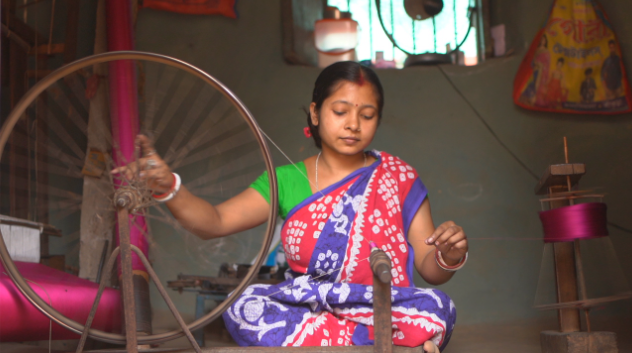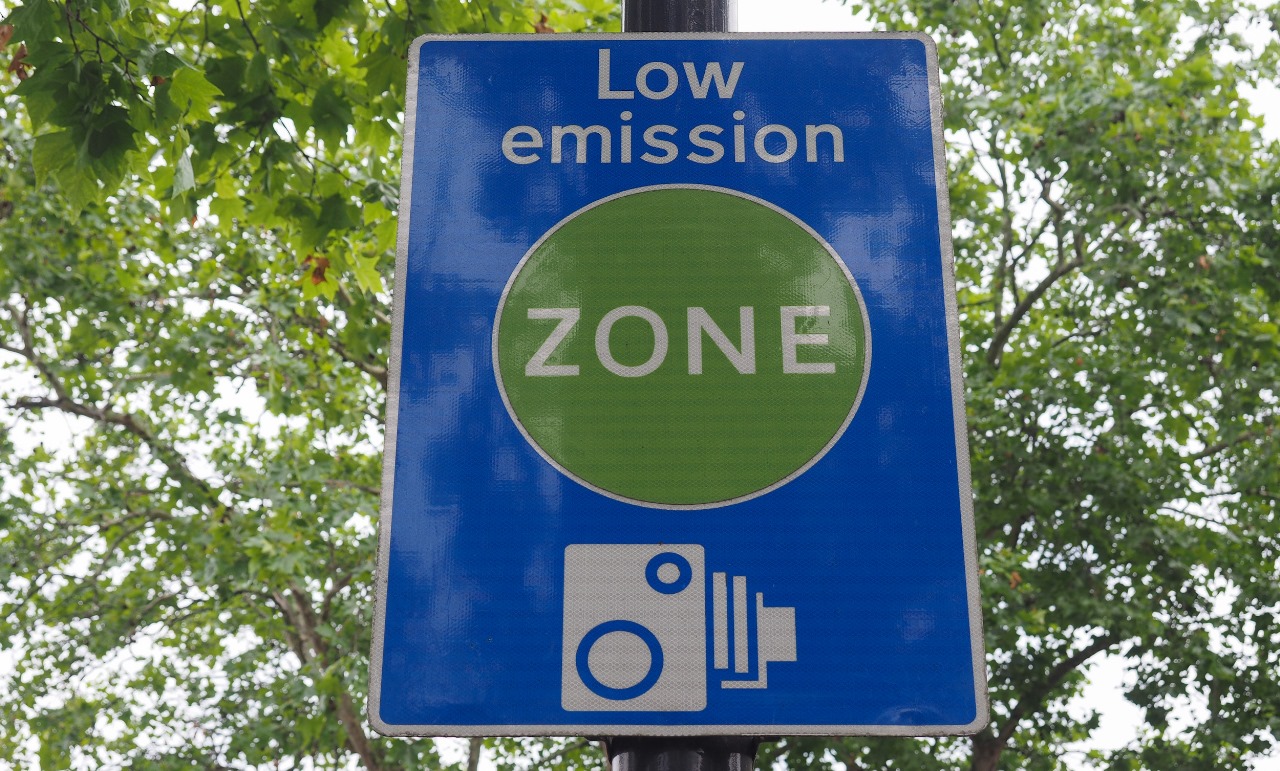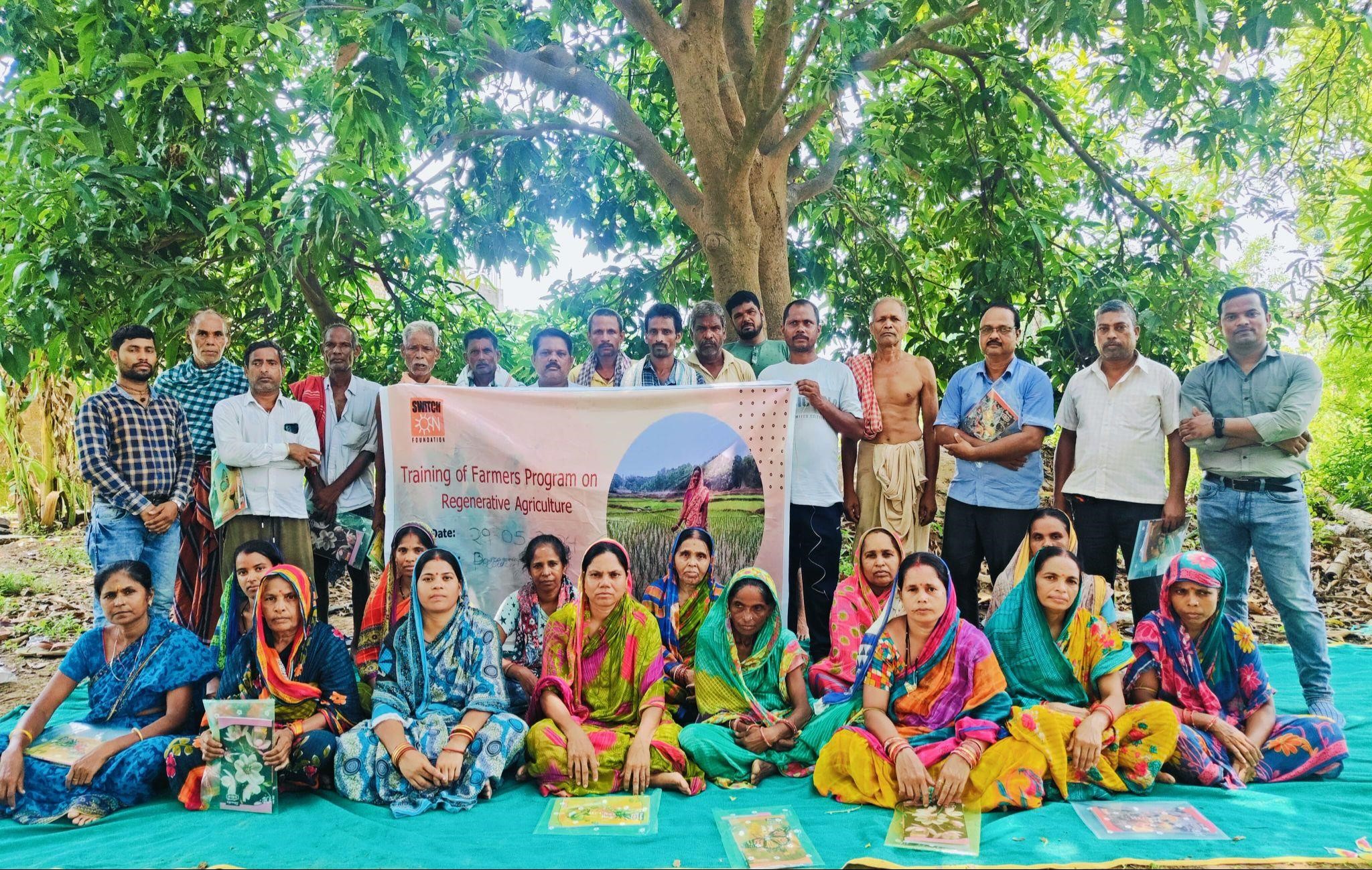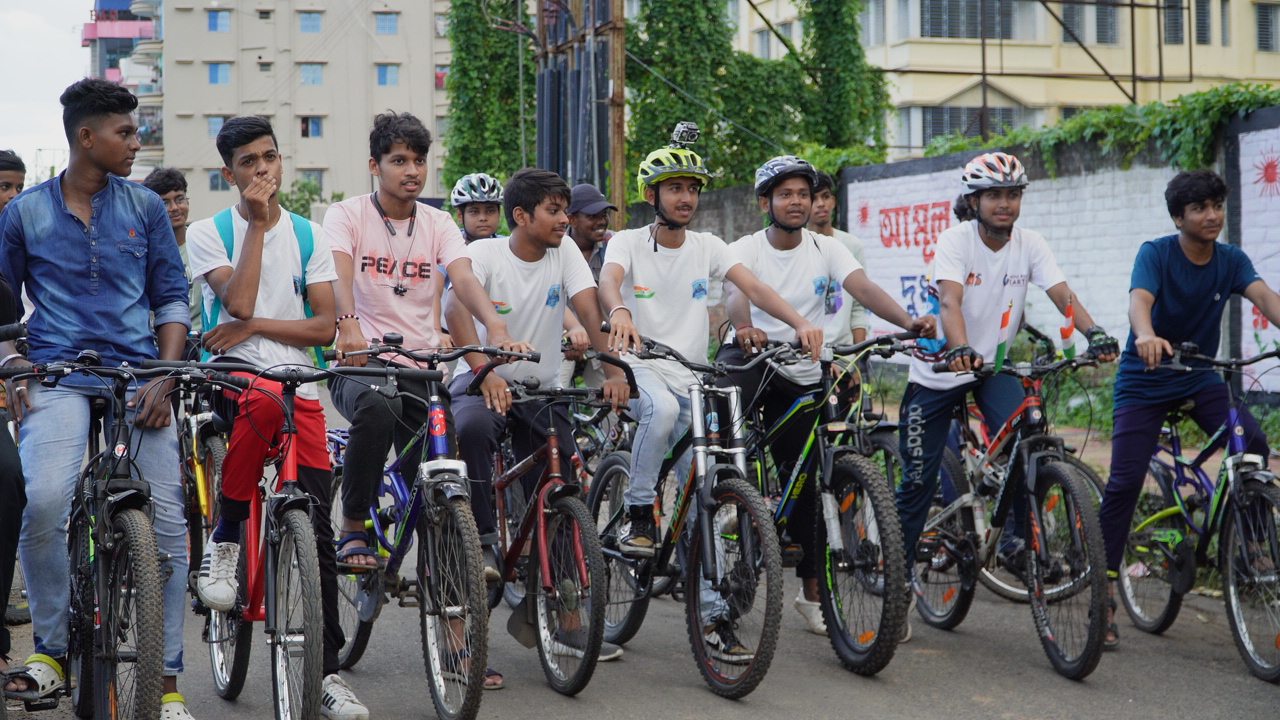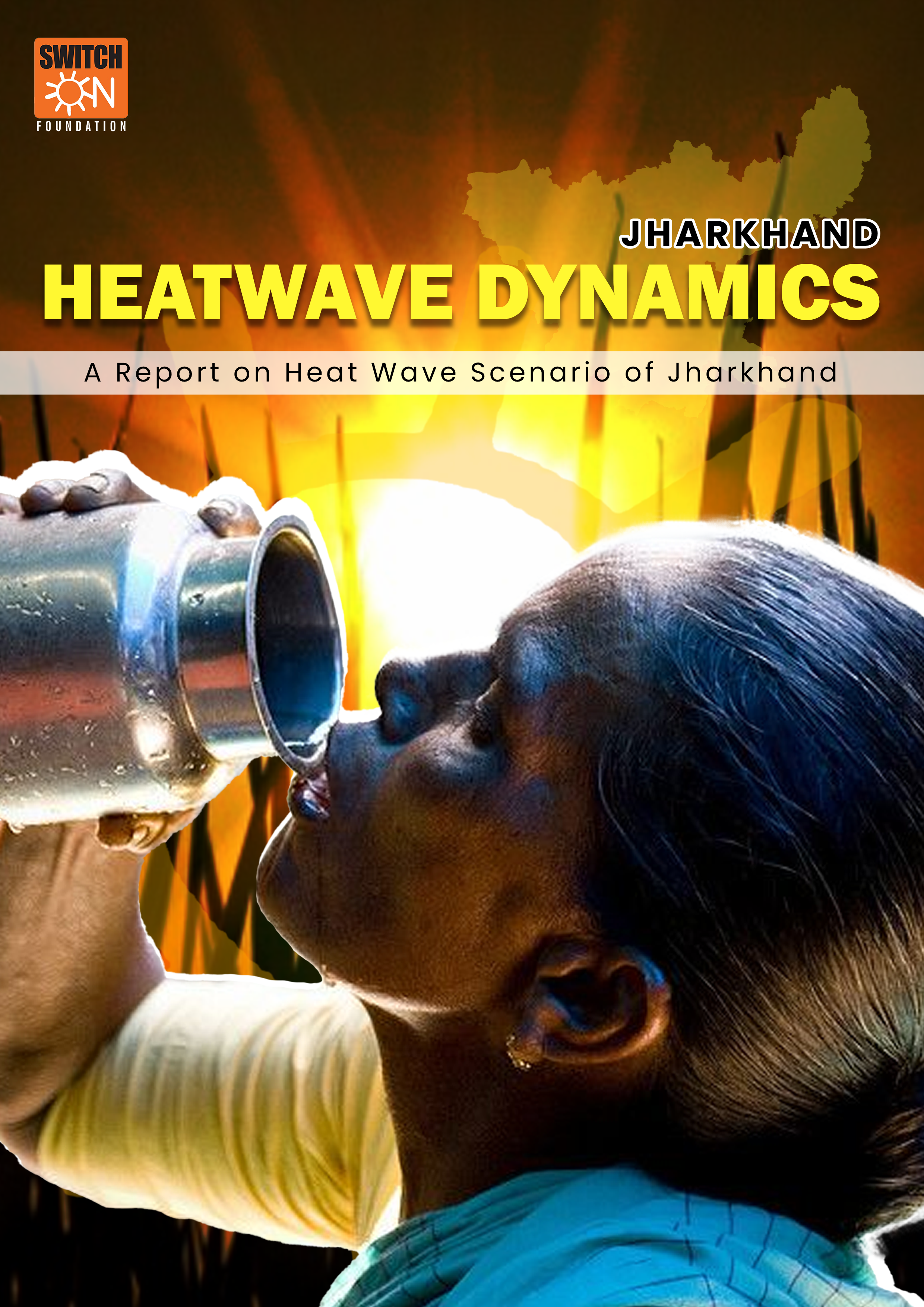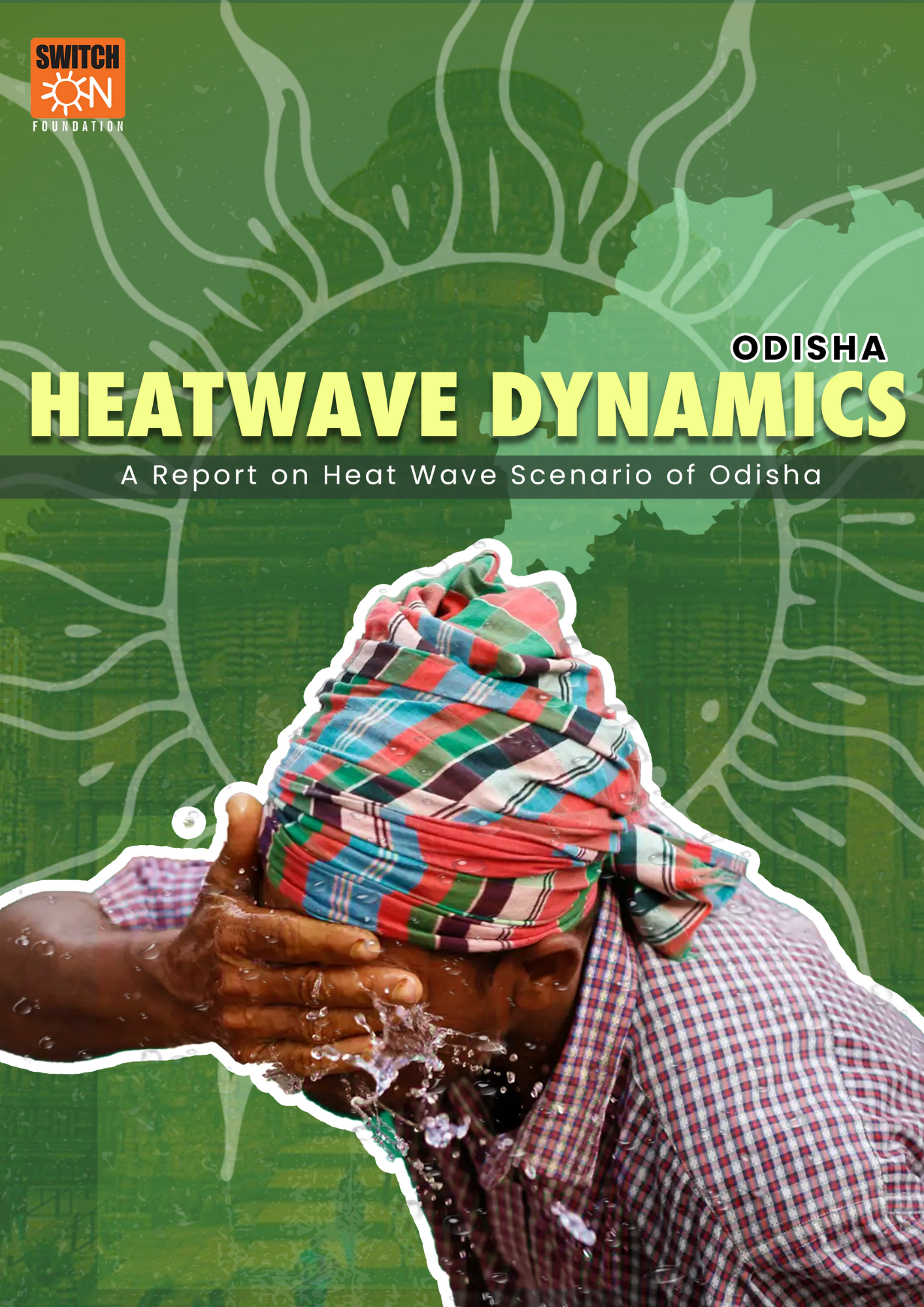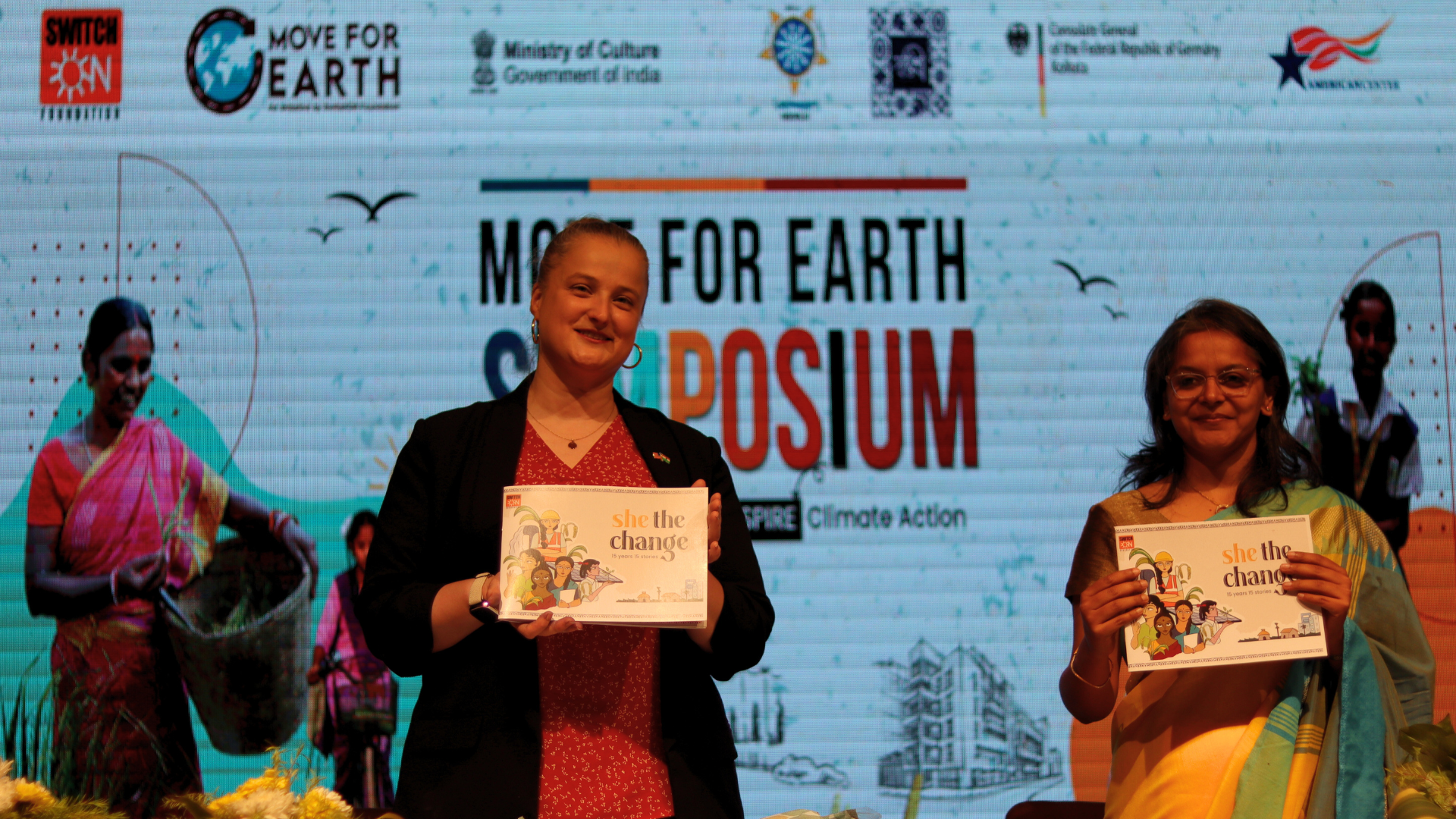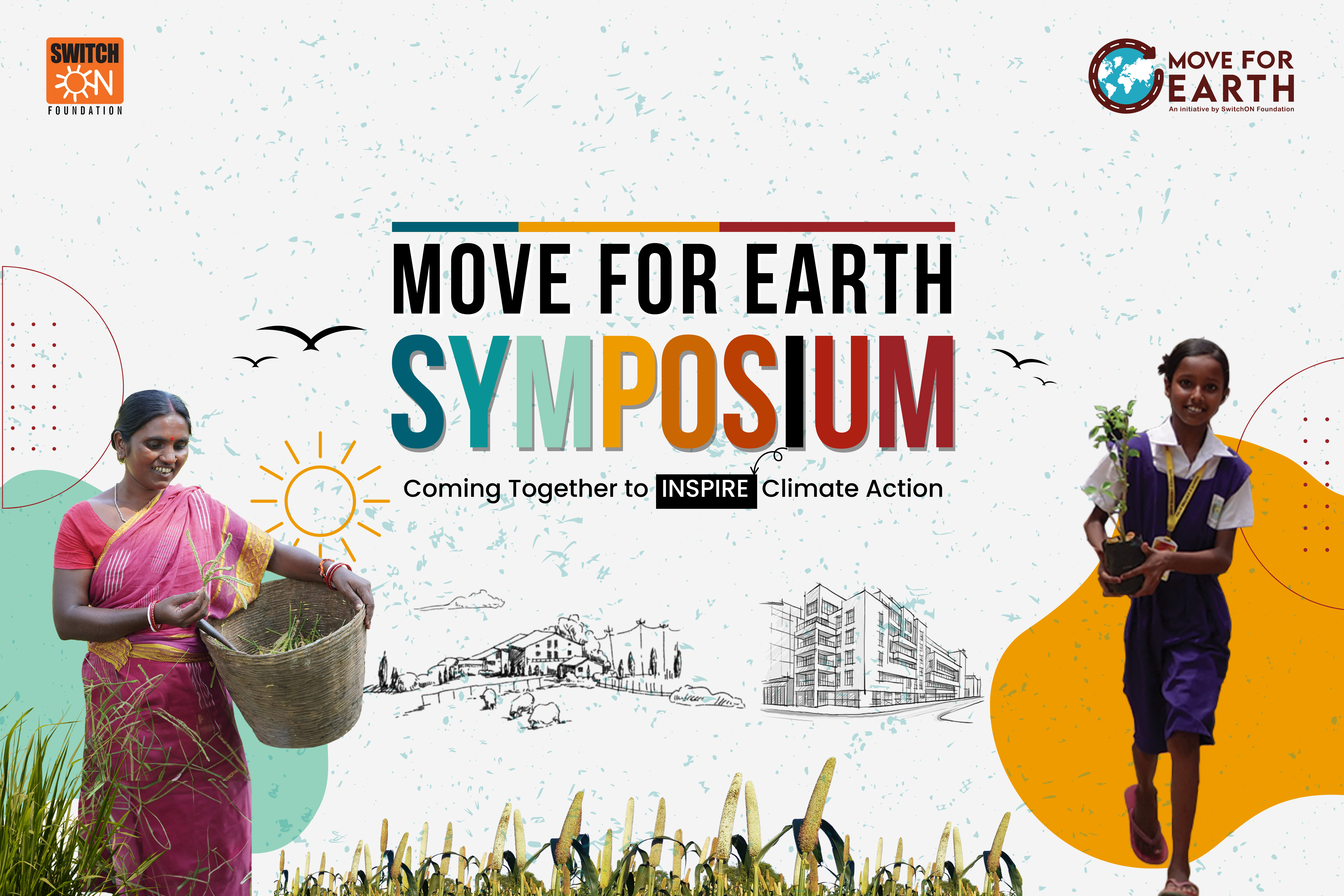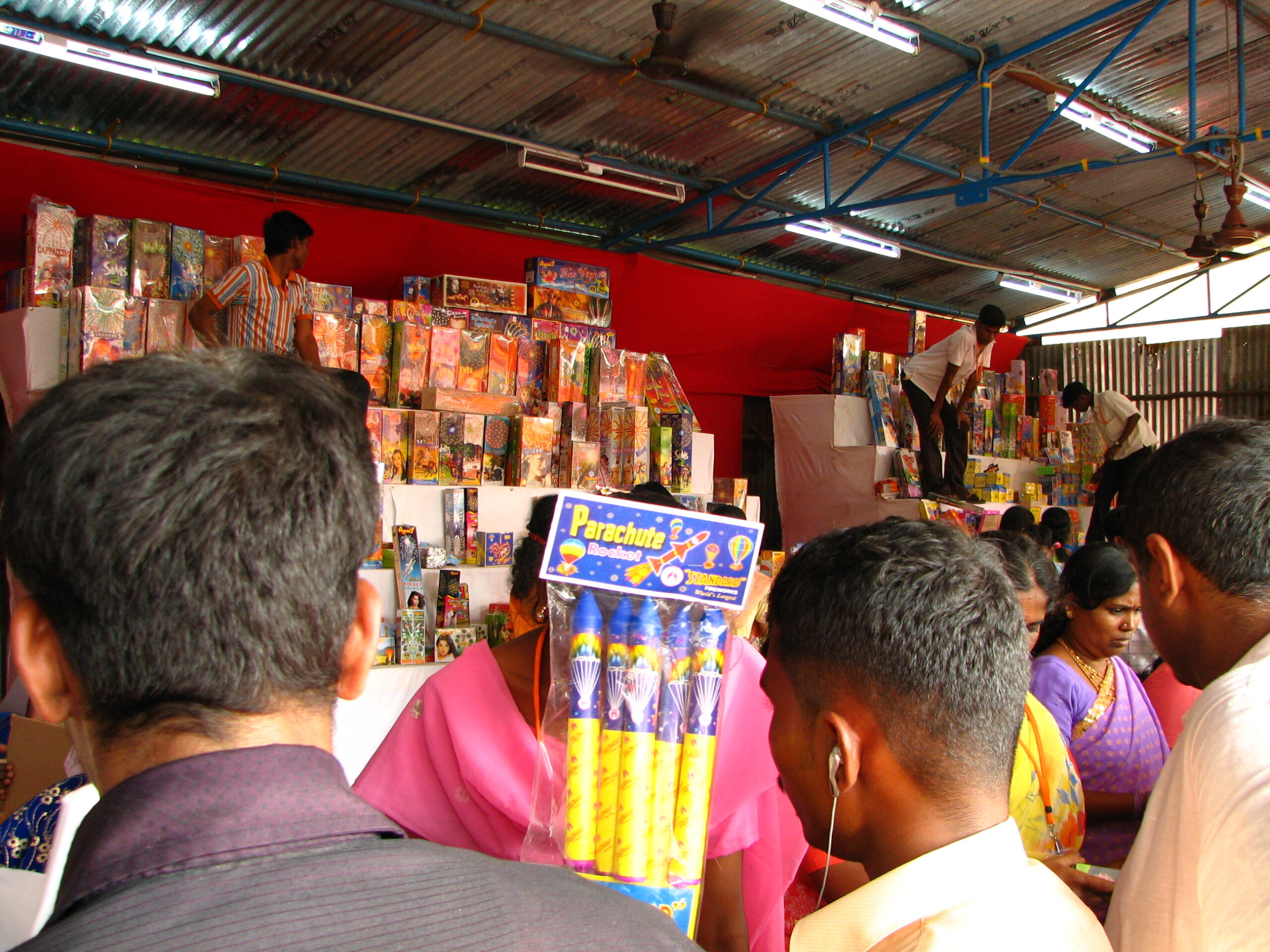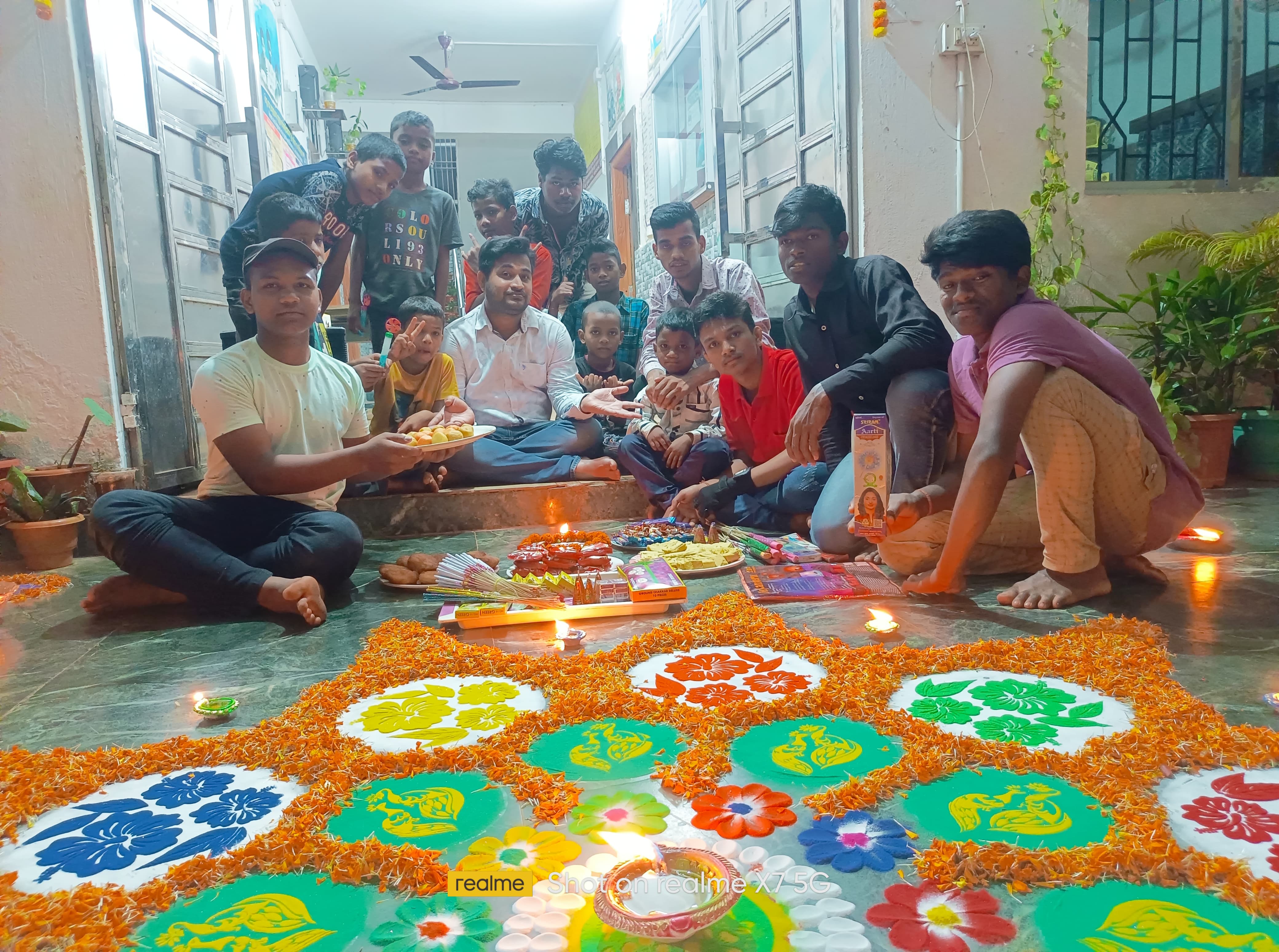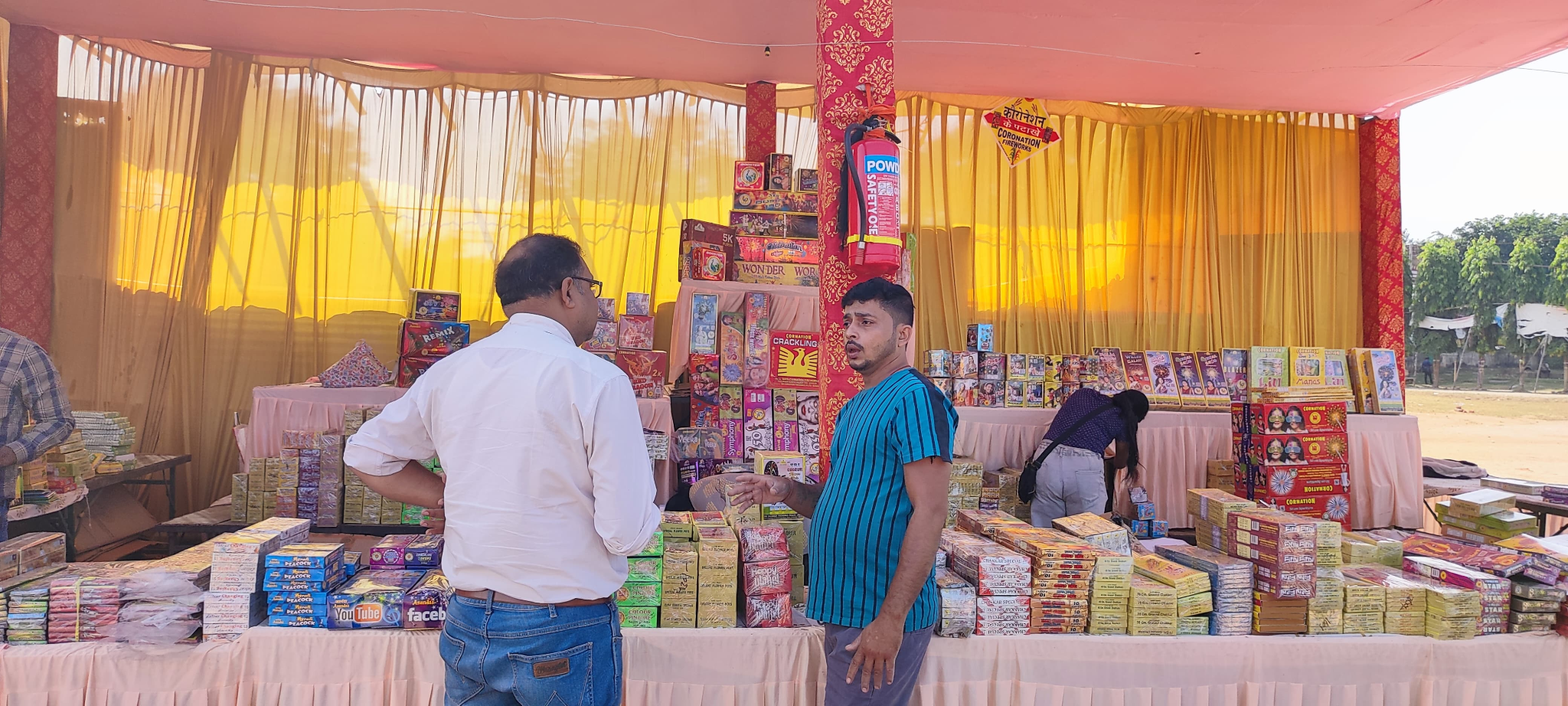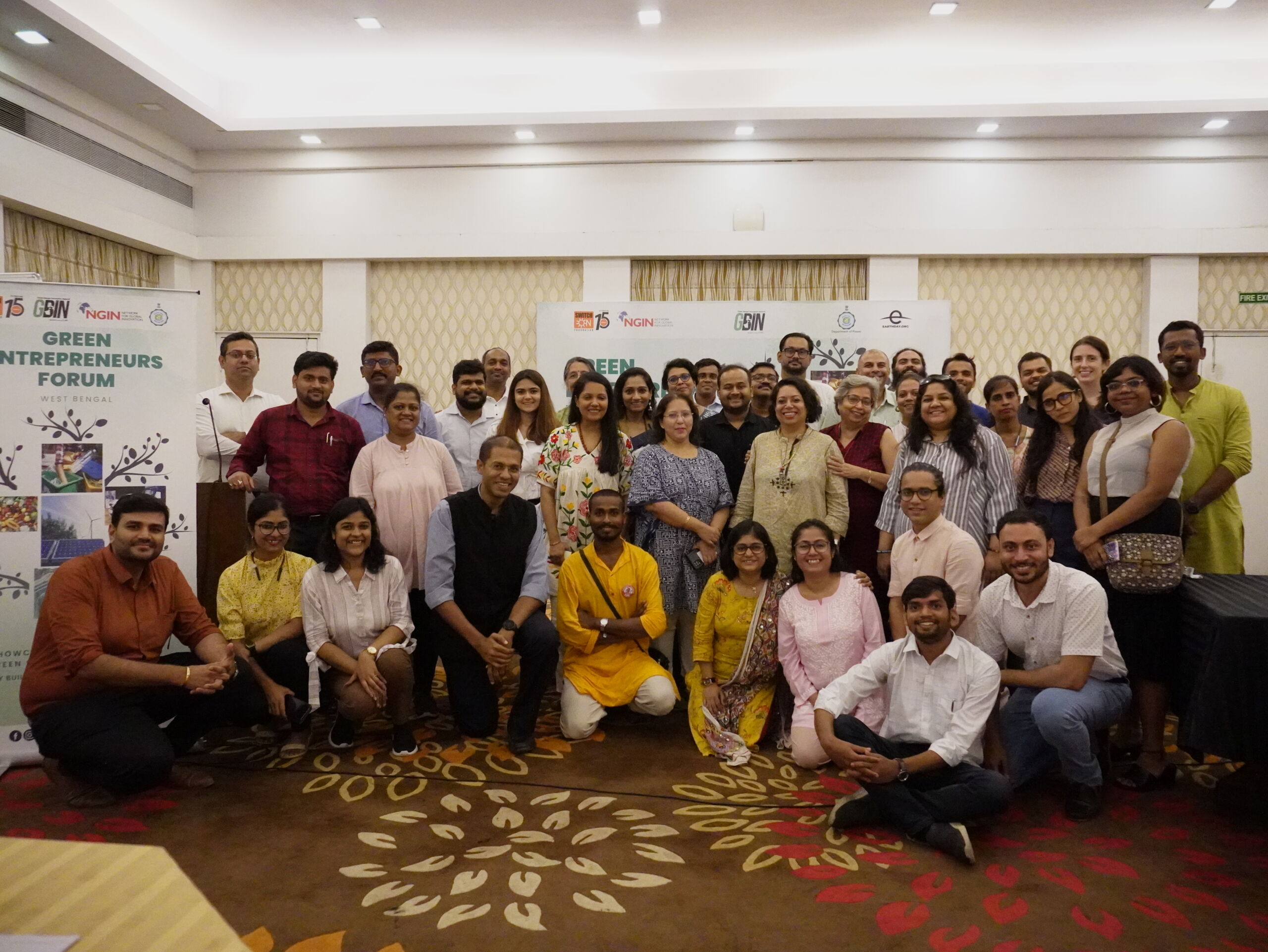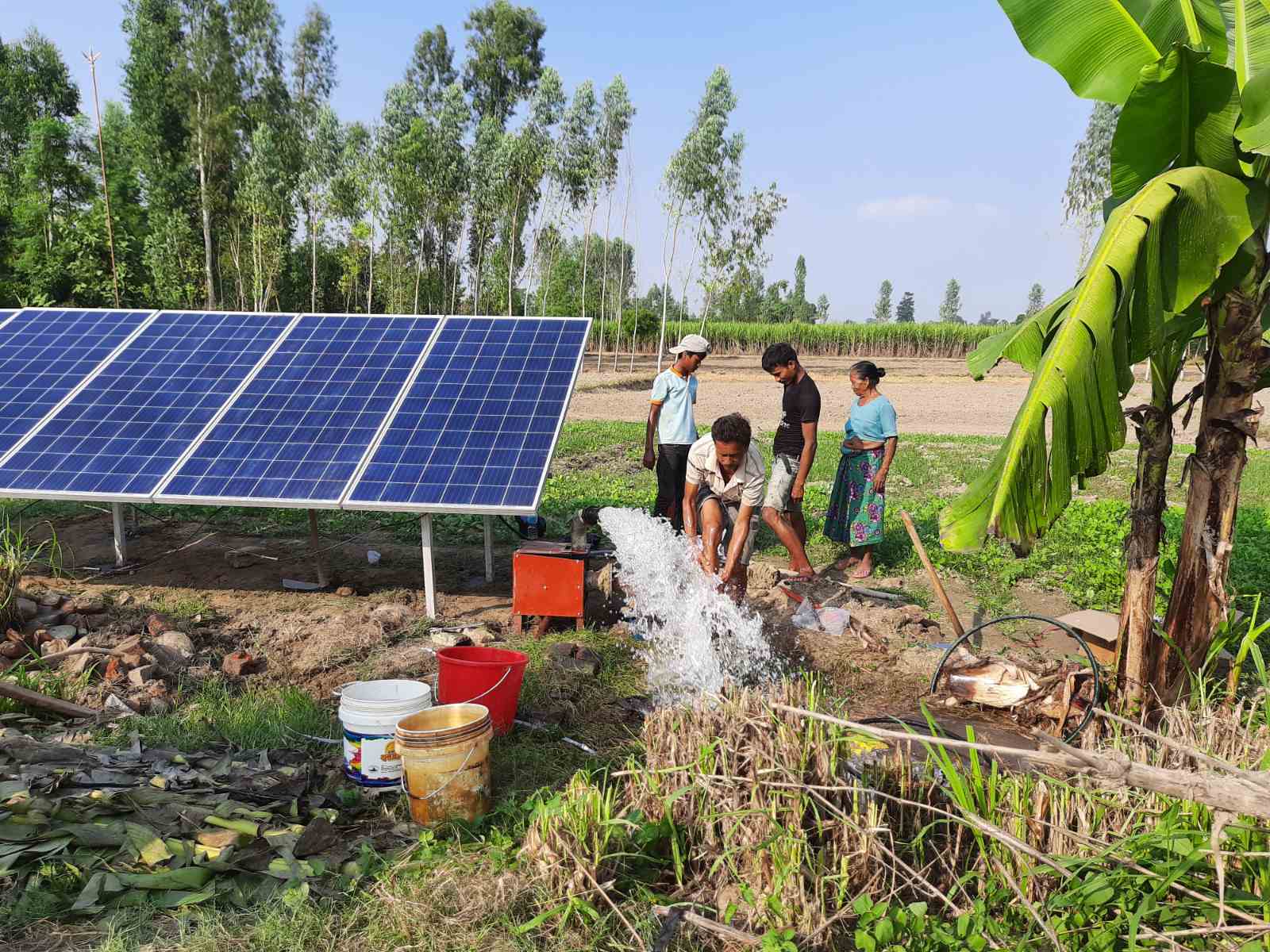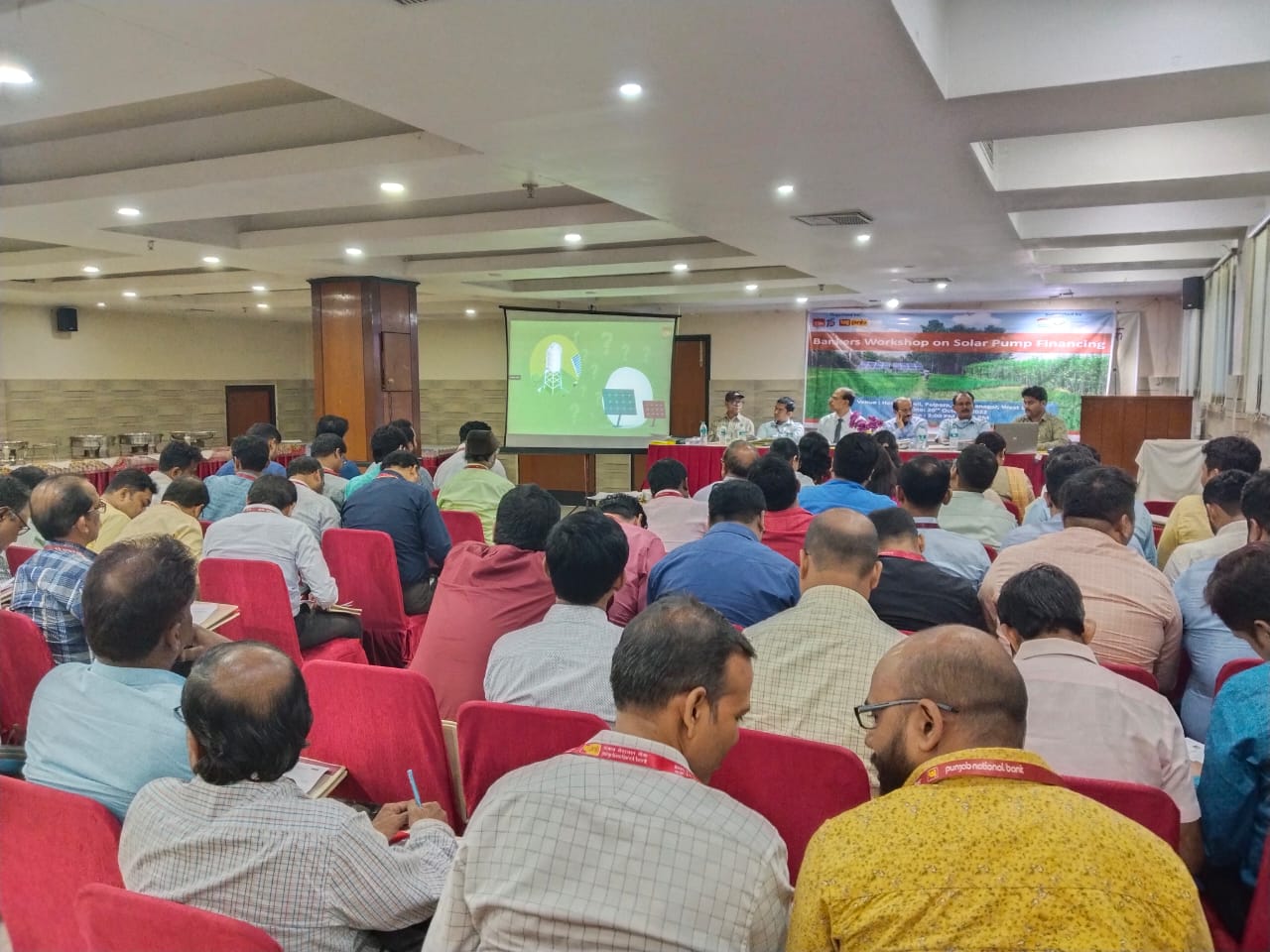As April ushers in the summer season in West Bengal, residents are contending with an intense heat wave intensified by low moisture levels. Urban and industrial areas are particularly affected, signaling a potentially harsher season ahead for the state. According to IMD, West Bengal’s gradual onset of hot summers and delayed rains exacerbated heat waves. Kolkata’s average air temperature continues to 40°C in April, with humidity-driven heat indices even higher. Climate change exacerbates these shifts, leading to increased variability and extreme weather events. An intense heat wave gripped West Bengal, particularly affecting urban and industrial zones due to low moisture levels.
A heat wave health advisory has been released by leading medical professionals of West Bengal like Dr Kaustabh Chaudhuri, Paediatric Consultant, Apollo Multi-speciality Hospital, Dr. Sanjukta Dutta, Consultant & Head, MEM Course Director, Emergency Medicine Dept, Fortis Hospital, Anandapur, Kolkata, Dr. Arup Haldar, Consultant Pulmonologist, CMRI Hospital, Dr. Soirindhri Banerjee, Senior Resident, Radiation Oncology, IPGME&R & SSKM Hospital, Kolkata, Dr Suman Mallik, Clinical Director, Chief of Radiation Oncology, NH Narayana Superspeciality Hospital addressing the escalating concerns surrounding heat waves and its detrimental effects on public health. The health advisory provides preventive measures and practices that should be adopted to tackle the wrath of extreme heat waves. In light of the extreme erratic weather conditions, the medical community emphasized the urgent need for heightened awareness and precautionary measures to safeguard the well-being of individuals.
In this context, as the common public is at the forefront of suffering from and cause of heatwave events, SwitchON Foundation conducted a survey to gauge public perception of heatwave challenges, impacts on daily life, mitigation strategies, and awareness of timely information in the present heatwave scenario.
The survey was conducted with 815 participants in April 2024 across East Indian states (West Bengal, Jharkhand, and Odisha) to capture perceptions of the ongoing heatwave. Out of which 387 participated from West Bengal, where 65% were male and 35% were female. The survey exclusively targeted urban areas, engaging participants from diverse ages and occupational backgrounds.
FINDINGS
- All respondents unanimously stated that the intensity of heat waves has escalated over the years.
- Perception of death and health effects from heat waves:
- More than half of the respondents (61.7%) opined to know individuals who succumbed to heat waves in the past.
- Heat exhaustion, headaches, dizziness and heat strokes are some of the commonly noticed health issues by the respondents from Bengal.
- Irrespective of gender roles, all the respondents were noticed to cite heat exhaustion as the most common general concern due to heat waves. 28.7% of female and 25.9% of male respondents faced heat exhaustion during a heat wave.
Other Challenges:
- In Bengal, health concerns top the list of challenges among respondents during heatwaves. Over 29% of participants encounter physical issues in these conditions.
- Several infrastructural issues emerge as significant hurdles during heatwaves. Like Water shortages (16.53% response) and power cuts (14.5% response) during the heat wave.
- During extreme heat events, people’s accessibility to cooling facilities is considerably low in the state, which is evident from the 19.68% response towards the challenge of lagging cooling facilities in the state.
- 12.58% of people responded that heat waves heavily impact them economically. Due to this economic impact, all the health issues and other infrastructural backdrops are being suffered by the people of Bengal.
Impact on daily activities:
- Irrespective of age and gender, the day-to-day activities of the people of Bengal are being affected due to heat waves.
- The response pattern shows that primarily indoor dwellers, Homemakers and retirees, bear the full force of heat waves.
People’s awareness and source of information
- In regards to information regarding heat waves, the respondents opined that they mostly get information about the heat wave through social media and internet sources.
- While a small number of respondents cited a lack of information, the overall scale of this issue is significant, warranting government attention to address the needs of this population.
- Merely 32.3% of the surveyed population is cognizant of the government’s heat wave action plan (HAP).
- Of the remaining respondents, 39.3% are confident in the absence of such action plans in West Bengal, while the remaining 26.4% lack awareness of their existence.
People’s Solution:
- As the urban areas experience the worst impacts of heat waves, near about 52% of the respondents have suggested modifying the urban planning to mitigate this extreme scenario.
- Public awareness of heatwave conditions (37.5%) and updating existing policies (32.4%) emerged as two other crucial measures for mitigating heatwaves.
Mr. Vinay Jaju, Managing Director, SwitchON Foundation said, “It is alarming to see the abnormal and erratic weather conditions currently prevailing in West Bengal. It’s just the onset of the summer and we are reeling under extreme weather conditions of heat waves. Through our studies it has clearly come out that 99% of people of West Bengal surveyed think that the government authorities should take more action to address the impacts of heat waves.” He further added, “There is a need to make people aware of the steps to be taken to protect themselves from the changing weather variations. Along with this, the Government and Citizens need to come together to take urgent action to mitigate climate change for safeguarding everyone’s livelihood and wellbeing. ”
Dr. Kaustabh Chaudhuri, Paediatric Consultant, Apollo Multi-speciality Hospital, stated, “Heat waves can pose significant risks to children’s health, from dehydration to heat exhaustion. It’s crucial for parents to keep kids well hydrated and cool during hot spells. Watch for signs of overheating, such as cramps, excessive sweating, dizziness, fatigue and even high temperature spike after exposure. Seek medical attention if symptoms worsen after preventive measures. Prevention through proper hydration and staying indoors during peak heat hours(12 to 3 pm) is key to keeping our little ones safe.”
Dr. Sanjukta Dutta, Consultant & Head, MEM Course Director, Emergency Medicine Dept, Fortis Hospital, Anandapur, Kolkata said, “During heat waves, our emergency unit sees a surge in heat-related illnesses like dehydration. It’s vital to recognize symptoms early and seek medical help promptly. Stay indoors during peak heat hours, especially vulnerable populations like the elderly and infants. Hydrate frequently and avoid strenuous activities in extreme heat. Together, we can mitigate the impact of heat waves on our community’s health.”
Dr. Arup Haldar, Consultant Pulmonologist, CMRI Hospital said, “As you cook during heatwaves, ensuring proper ventilation is essential to reduce indoor heat buildup and discomfort. Poor ventilation can trap hot air indoors, making the kitchen feel stifling and uncomfortable. Use exhaust fans, open windows, or doors to promote airflow and allow heat to escape. By maintaining proper ventilation, you can create a more comfortable cooking environment and reduce the risk of heat-related stress.”
For further details, follow the link to the main Article.
RECOMMENDATIONS
Citizens
- Stay alert and updated on the daily weather news.
- Stay hydrated and drink sufficient water whenever possible.
- Stay covered when moving out and wear light-coloured, thin, loose, cotton garments.
- Stay indoors and in the shade as much as possible. Avoid the peak timing of 12 noon to 3 pm.
- Special care needs to be given to vulnerable populations like the elderly and infants.
- Seek medical help if any symptoms of heat stroke appear.
Government
- Disseminate information through public service announcements, billboards, and outreach efforts for awareness.
- Establish cooling shelters and water stations in urban areas to mitigate heat-related illnesses.
- Enhance water infrastructure and promote rainwater harvesting to bolster water resilience.
- Enforce existing laws to combat air pollution and reduce Kolkata’s health burden.
- Collaborate with electricity companies to ensure consistent power supply and manage energy demand effectively.
WAY FORWARD
Moving forward, concerted efforts are imperative to tackle the escalating heatwave challenges in West Bengal. Urban planning modifications, heightened public awareness, and policy updates are crucial steps. Citizens must stay informed and take necessary precautions, while the government should prioritize disseminating information, establishing cooling shelters, enhancing water infrastructure, enforcing laws against pollution, and collaborating with electricity companies for sustainable energy management.


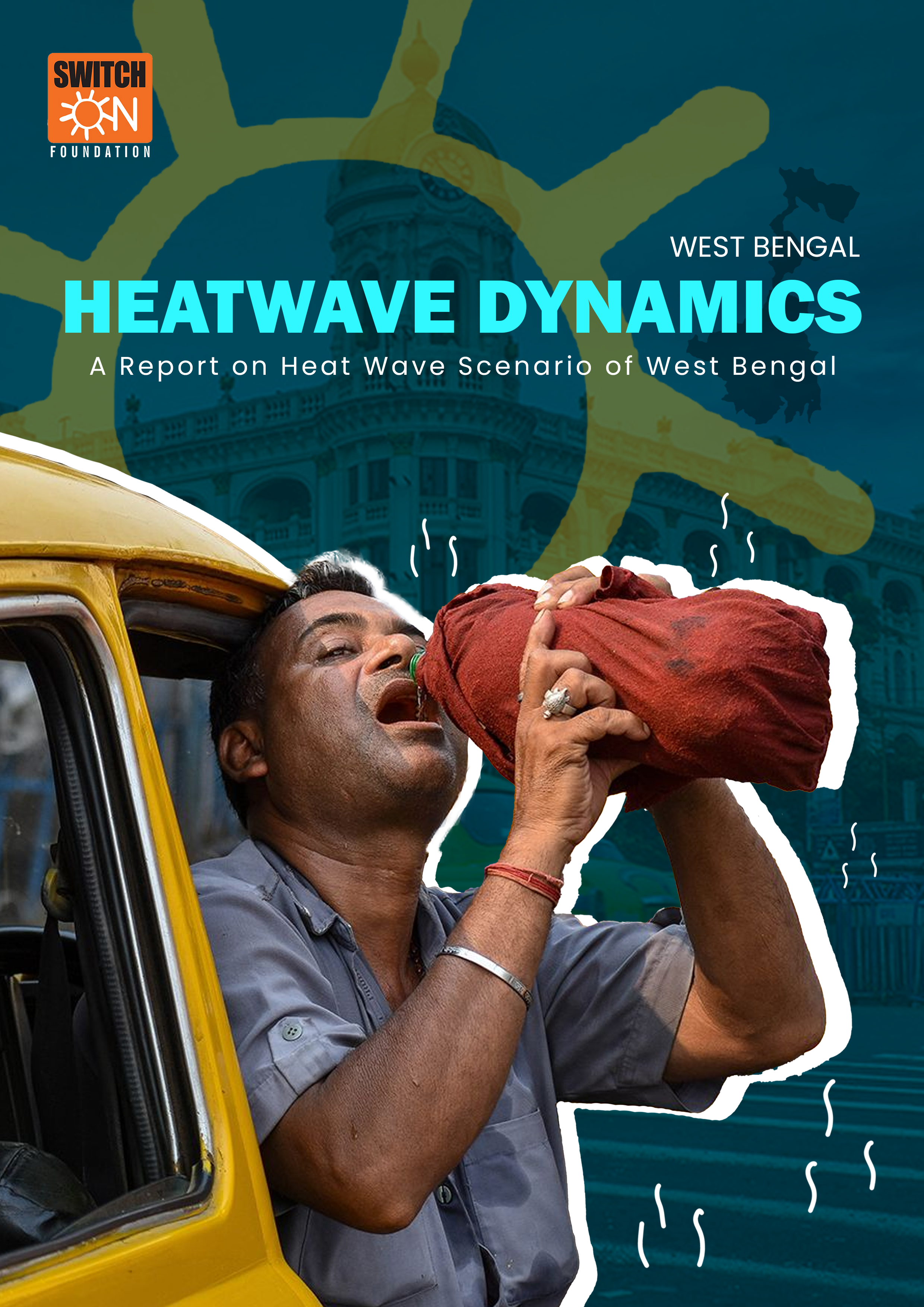

 11
11  3
3 
